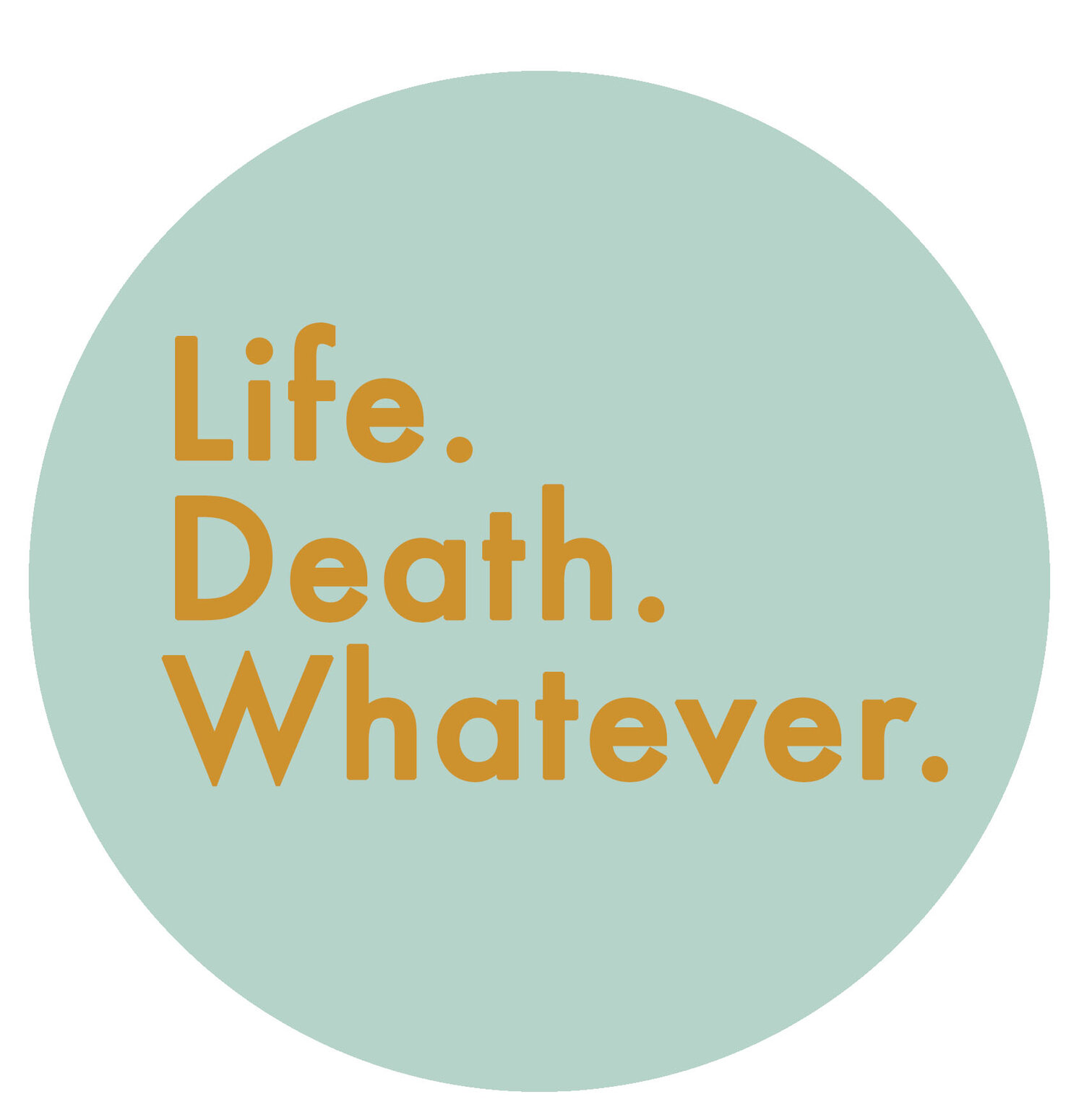By Kellyn Shoecraft who has set up a company to try to change the way people support each other through loss
1. You will probably compare losses. There will be basic comparisons, like, "my mom's death is so much worse than Becky's grandma's death," to a more complicated system where you assign different values to the relationships and weigh them accordingly, "Yes, Joey lost a brother and a father, but his dad was kind of mean and he always said that his brother was too arrogant. My wife's death is much more tragic”.
2. You might find yourself hoping that a friend will experience the same type of loss so that you won't be alone.
3. Other people's good news might not feel like good news. Hearing that someone beat the odds of their diagnosis, that their concerning test results turned out to be nothing, that their baby was born healthy, all of these things might make you angry.
4. You may resent people who have not experienced death like you have. You may even need to take a break from the relationship because it's too upsetting to see what they still have.
5. You may maintain a list of people who should have died instead of your person. Your list may be a mix of friends, family, celebrities or strangers.
About Kellyn Shoecraft
Kellyn first became intimate with grief in 2004, when her dad, Tim, died at 54 after living for nearly 30 years with autoimmune-related illnesses. She is now navigating life without her older sister, Alison, who died unexpectedly at 37 in 2017. Inspired by these losses, Kellyn started Here For You, a company that's trying to change the way people support each other through life's toughest transitions. She also hosts take-over storytelling communities on Instagram which can be found at @survivingoursiblings, @survivingourparents and @survivingourchildren.



